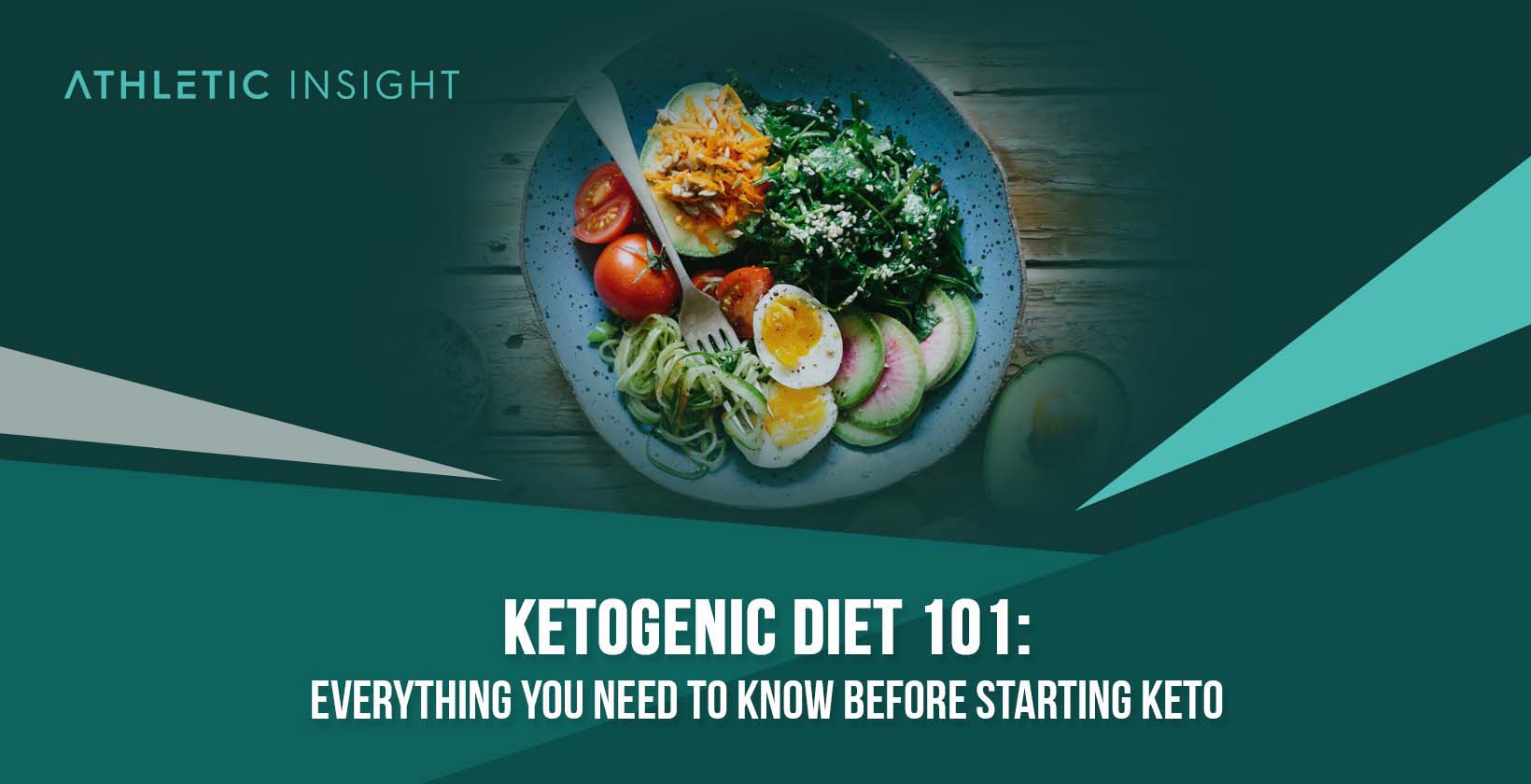Get Rid of the Trend: Enduring Diets for Permanent Results

In today's fast-paced world, it is easy to get swept up in the latest diet fads, all that promise quick results and a transformation in no time. Nonetheless, many of these popular diets lack the sustainable foundation needed for long-term change. Instead of leaping from Facial fat gain to another, it's essential to understand the various types of diets available and how they can fit into your lifestyle. This guide will help you navigate the landscape of widely accepted diet options and figure out which method aligns best with your objectives and principles.
From the Mediterranean diet, commended by health professionals for its cardiovascular advantages, to the ever popular plant-based and vegan diets, understanding the benefits and cons of all dietary approach will empower you to make informed choices. If you are looking to lose weight, gain muscle, or simply improve your overall well-being, there is a diet that will accommodate your needs. Moreover, we will explore eco-friendly options that not only benefit your health but also contribute positively to the planet. Join us as we delve into the world of diets, helping you ditch the fad and adopt a sensible path towards health and well-being.
Popular Diet Styles Summary
In the current health-conscious world, a multitude of diets have emerged, each offering distinct advantages and outcomes. From Keto and the Paleolithic diet to the Mediterranean dietary pattern, these choices often attract attention for their various claims regarding weight loss, health benefits, and life quality improvements. Understanding the core principles of each eating plan can assist you determine which matches best with your goals and principles.

The Ketogenic diet focuses on elevated fat and low carbohydrate consumption, encouraging fat-burning for fat loss. Conversely, the Paleolithic diet encourages a return to whole foods akin to those consumed by our ancestors, highlighting lean meats, fruits, and vegetables while eliminating processed foods. The Mediterranean-style diet, renowned for its cardiovascular benefits, emphasizes olive oil, whole grains, fish, and fresh produce, establishing it as a cornerstone among health professionals.
In besides popular diets for weight loss, there are lifestyle-centered diets such as the vegetarian diet, veganism, and the flexitarian approach, which combines plant-based diets with occasional meat consumption. These diets often mirror ethical values regarding animal welfare and environmental protection, attracting to those looking to make a positive impact positively to the planet while still savoring varied food options.
Advantages and Disadvantages of Diets
In assessing various diet plans, one must to weigh their benefits against their drawbacks. Popular diets such as the Keto or Paleo method may aid in fast slimming while supporting better dietary options. These diets generally cut out processed foods, fostering the consumption of whole, nutrient-dense foods. Additionally, many of these plans provide structured guidelines which can help individuals stay focused and responsible in their dietary choices.
However, several fashionable diets bring potential dangers. Rigid diets can result in nutritional deficiencies or poor dietary habits if not managed well. For example, even if the Keto approach works for some, its rich fat profile can be problematic for those with specific health issues. Moreover, diets like Whole30 may result in immediate goals, but individuals might face difficulties with sustaining it over time due to their strict rules, leading to a rollercoaster effect of dieting.
Sustainable diets, such as the Mediterranean diet or plant-focused diets, support long-term health benefits without the rigid confines of fad diets. look at this now balanced eating, integrating a variety of food groups while encouraging mindful consumption. Even though transitioning to a more sustainable diet may require adjustments and knowledge of nutritional choices, the overall emphasis on wellness and environmental impact makes it a better choice for lasting health improvements.
Eco-friendly and Lifestyle-Friendly Diets
Sustainable diets concentrate on not only individual health but also the health of the Earth. They highlight complete, minimally processed foods, prioritizing plant-based options over animal products. The Mediterranean diet, frequently recommended by healthcare professionals, embodies this approach by encouraging fruits, vegetables, whole grains, and healthy fats while limiting red meat and processed sugars. Many select this diet not only for its health benefits but also for its ecological impact, making it a popular choice among those seeking long-term solutions.
The flexibility of the semi-vegetarian diet enables individuals to enjoy the benefits of vegetarianism without completely eliminating meat. This diet encourages a predominantly plant-based lifestyle while allowing occasional meat consumption, making it simpler for many to adopt. It supports sustainable eating by decreasing the overall demand for animal products and encourages diverse food choices, which can lead to more balanced nutrition. This flexibility makes it an appealing option for those who want to focus on health without rigid dietary restrictions.
Choosing a sustainable diet means reflecting on how it fits into your lifestyle and values. Whether trying out raw foods, macrobiotic eating plans, or anti-inflammatory diets, the essential factor is to discover an approach that resonates personally. By aligning dietary choices with individual health goals and ethical considerations, you can foster a lasting dedication to a healthier lifestyle while supporting both yourself and the environment.
